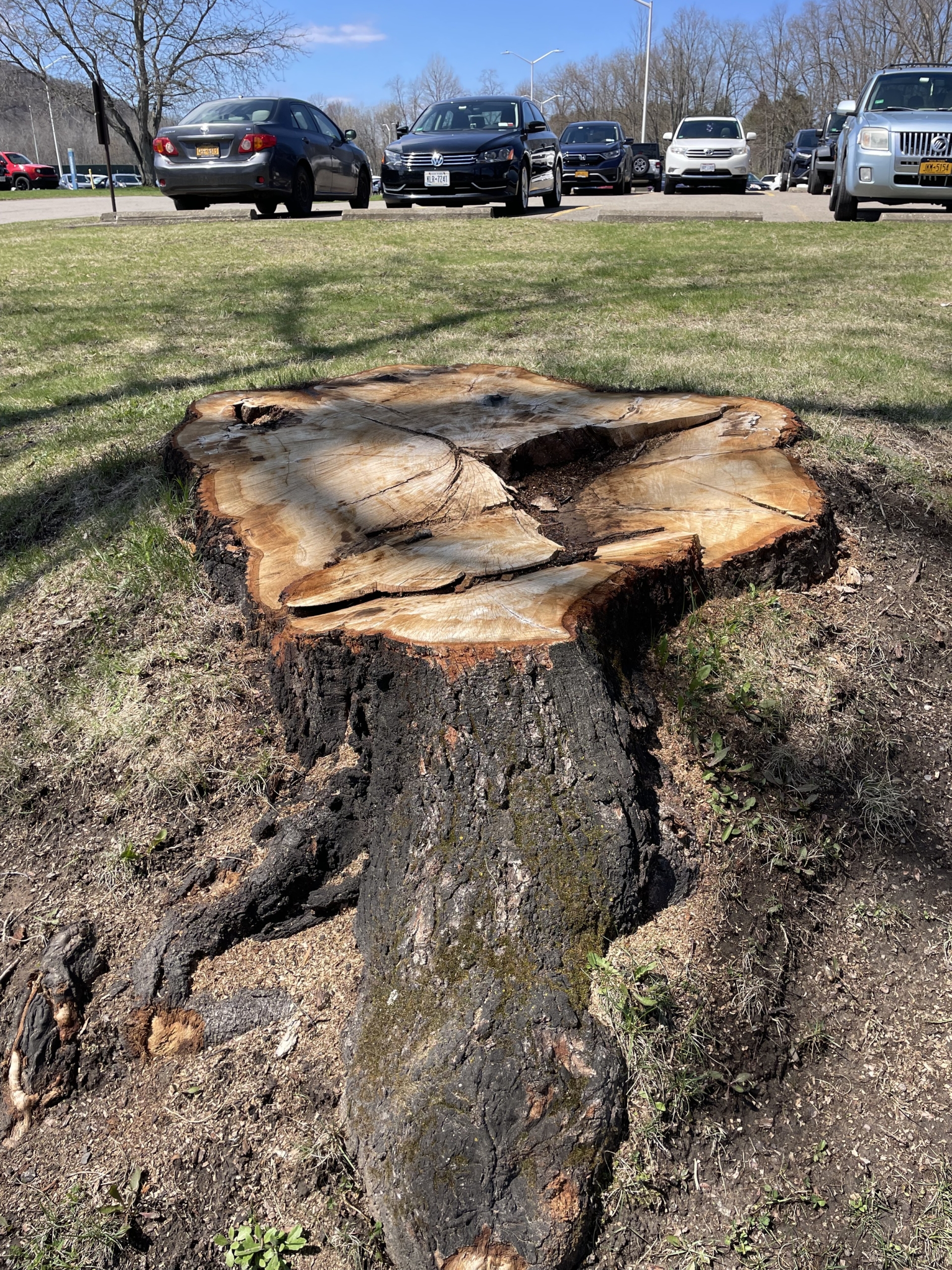By Rachel Konieczny
News Editor
The women’s studies program hosted Reema Safadi, Ph.D., who discussed the violence Jordanian and Arab-American women face, as part of the annual Mary Devereux Lecture.
Safadi’s talk, titled “Social and Legal Factors Impacting Violence Against Women: A Comparison Between Jordanian and Arab-American Women,” explained the demographics of Jordan and how both Jordanian and Arab-American women have experienced violence.
Lauren Matz, Ph.D., professor of English, explained the history of the lecture series. She said the lectures, which focus on a female who made strides in her field, pay tribute to Mary Butler Devereux, who grew up on Wall Street in a wealthy household in the late 1700s. Devereux defied the customs of her time. She later helped found St. Bonaventure.
Alva Cellini, director of the women’s studies program, introduced Safadi.
Safadi, a professor of maternal and child health nursing at the University of Jordan and recipient of a Fulbright Award for Research Scholars, is pursuing her research at the University of Pittsburgh during the 2015-2016 academic year.
Safadi said Jordan is an independent, suburban Arab city south of Syria.
“The stability of Jordan is due to the legitimacy of the nationalized monarchy as the kings are descendants of the prophet Mohammed,” Safadi said.
Safadi emphasized the orthodox nature of Jordanian society.
“Society is conservative and the family forms the basic unit of the community,” Safadi said. “It is a patriarchal system where the male is the head of the household and holds superior status. The male is the decision maker.”
Safadi said familial bonds are built on the respect of parents and elders and modesty in dress and behavior. While she recognized the repressiveness against women, she also noted some improvements.
“The literacy rate was estimated at 30 percent in 1952, increased to 70 percent in 1980 and to 99 percent in 2010,” Safadi said.
Safadi also said that education is free in Jordan for the first 12 years, offered in both public and private schools.
“In 2014, there were 6,614 schools in Jordan that included 1,815,000 students,” Safadi said. “There were 951,000 boys compared to 915,000 girls. In higher education, there are 10 public and 18 private universities across Jordan offering programs in medicine, reading, sciences, art and humanities.”
Safadi said there is a clear gender gap at the university level, where more women than men are enrolled in higher education. She noted there were 3,937 female students compared with 2,807 males.
Part of Safadi’s study, which involved detailed interviews, examined the social and legal roles in enhancing or protecting Jordanian women from violence, while the other part examined Arab-American women. In examining the factors of physical violence, psychological violence, controlling behavior, sexual violence and financial abuse, Safadi found extreme instances of patriarchal domination.
One Jordanian woman described the psychological violence, which Safadi found outnumbers physical violence, she faces as, “People I cook for say that my food is delicious, but my husband does not thank me. He says, ‘you don’t need to be thanked for doing your job.’”
Safadi provided several other examples of various types of domestic abuse.
Safadi also emphasized the importance of the American legal system in assisting victims of abuse.
One Arab-American woman said, “Without the court system here, I wouldn’t be able to go back and work and stand up on my feet again. I feel lucky and grateful for the system that helped me to be financially stable for a couple of years.”
Safadi said although there is a legal system in Jordan, the laws are biased towards men.
“It is the way you use the laws, not the laws by themselves [that are important],” Safadi said.
Rachel Mercredi, a junior political science major and women’s studies minor, said the lecture met her expectations.
“Based on the topic of her research, I was intrigued by what she had to say and the results of her findings,” Mercredi said. “I’m always intrigued to learn about the lives of other cultures and the presentation exceeded it.”
Safadi concluded her talk with a question and answer period, in which she talked about some of the ways that violence can be eliminated.
 “It’s a very long process to eliminate this abuse,” Safadi said. “We try to know about the social system and the legal system. From there, we can see what things we need to change.”
“It’s a very long process to eliminate this abuse,” Safadi said. “We try to know about the social system and the legal system. From there, we can see what things we need to change.”
koniecrc14@bonaventure.edu



